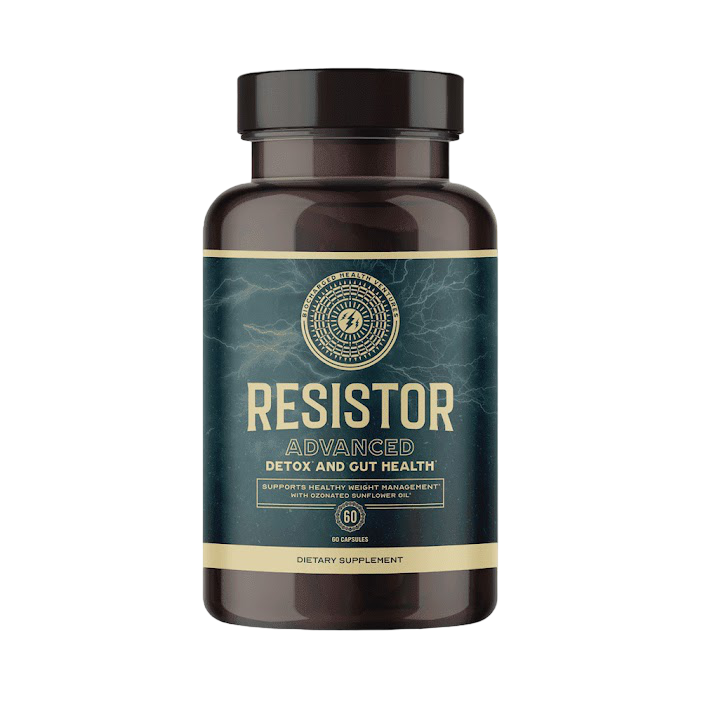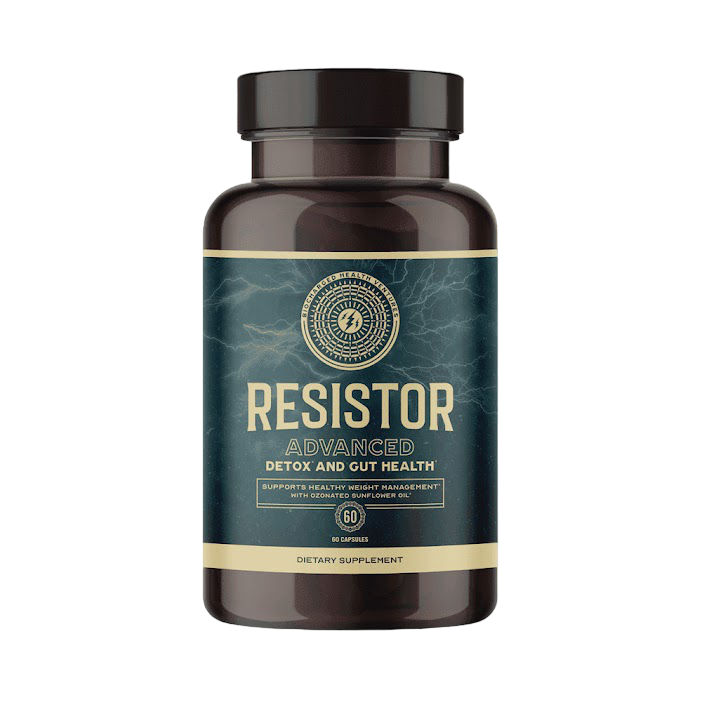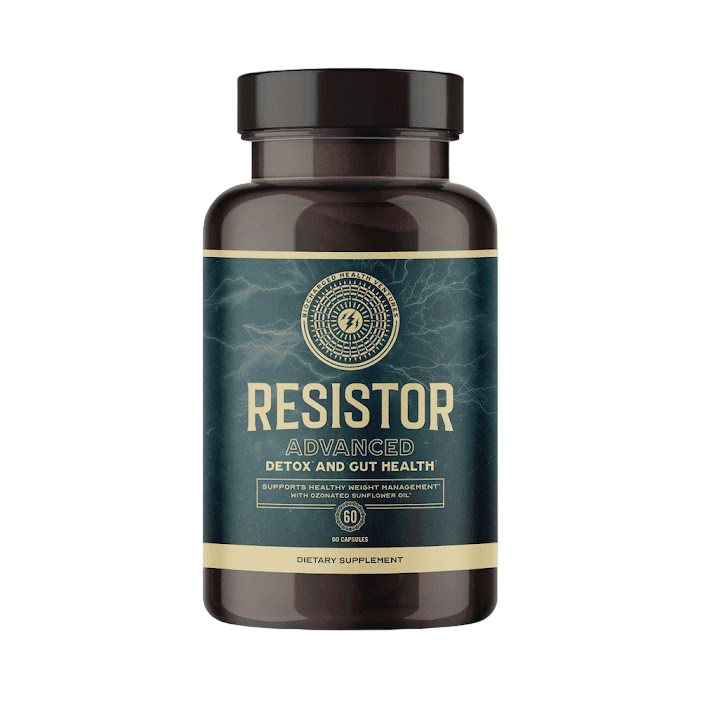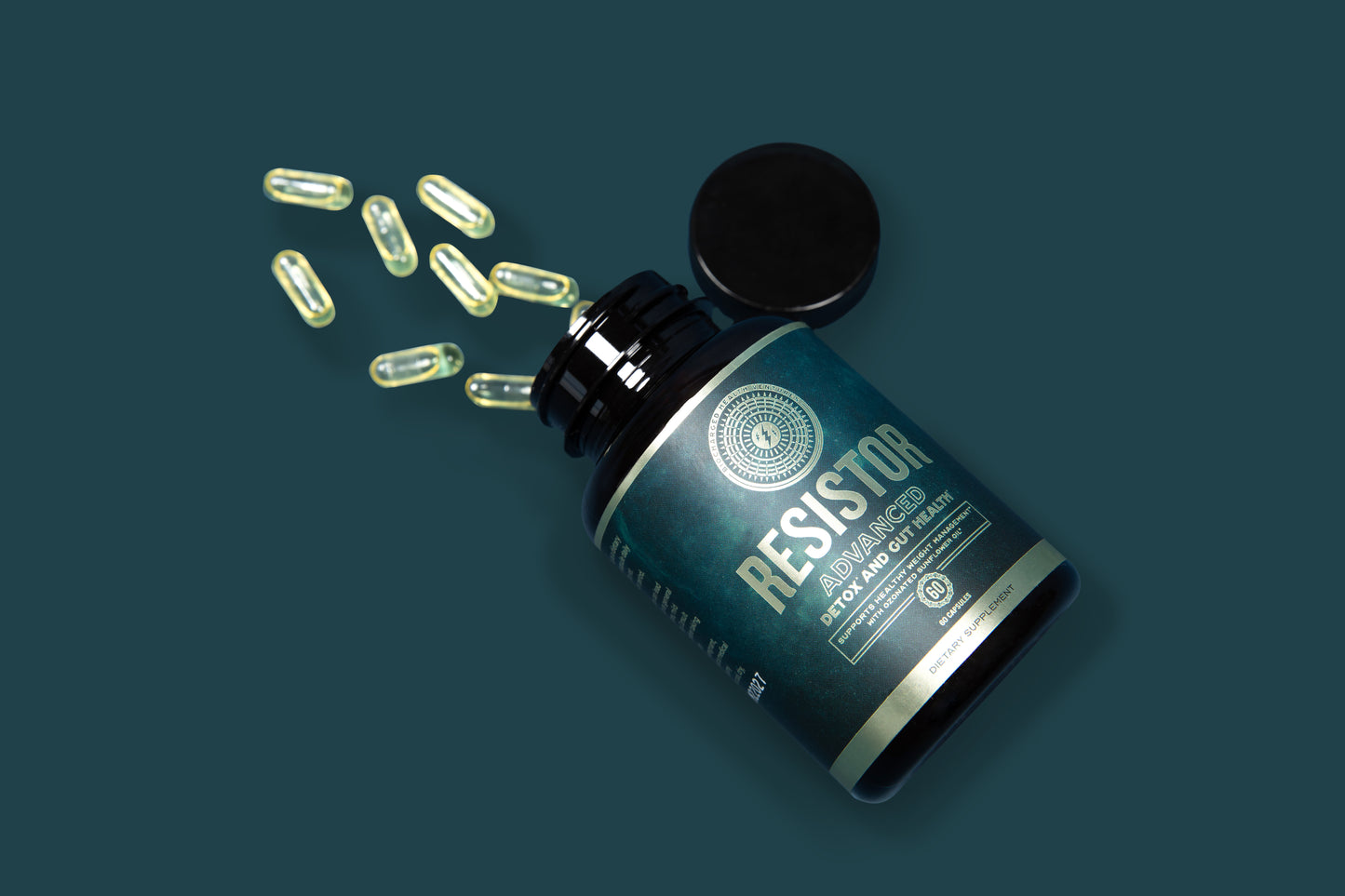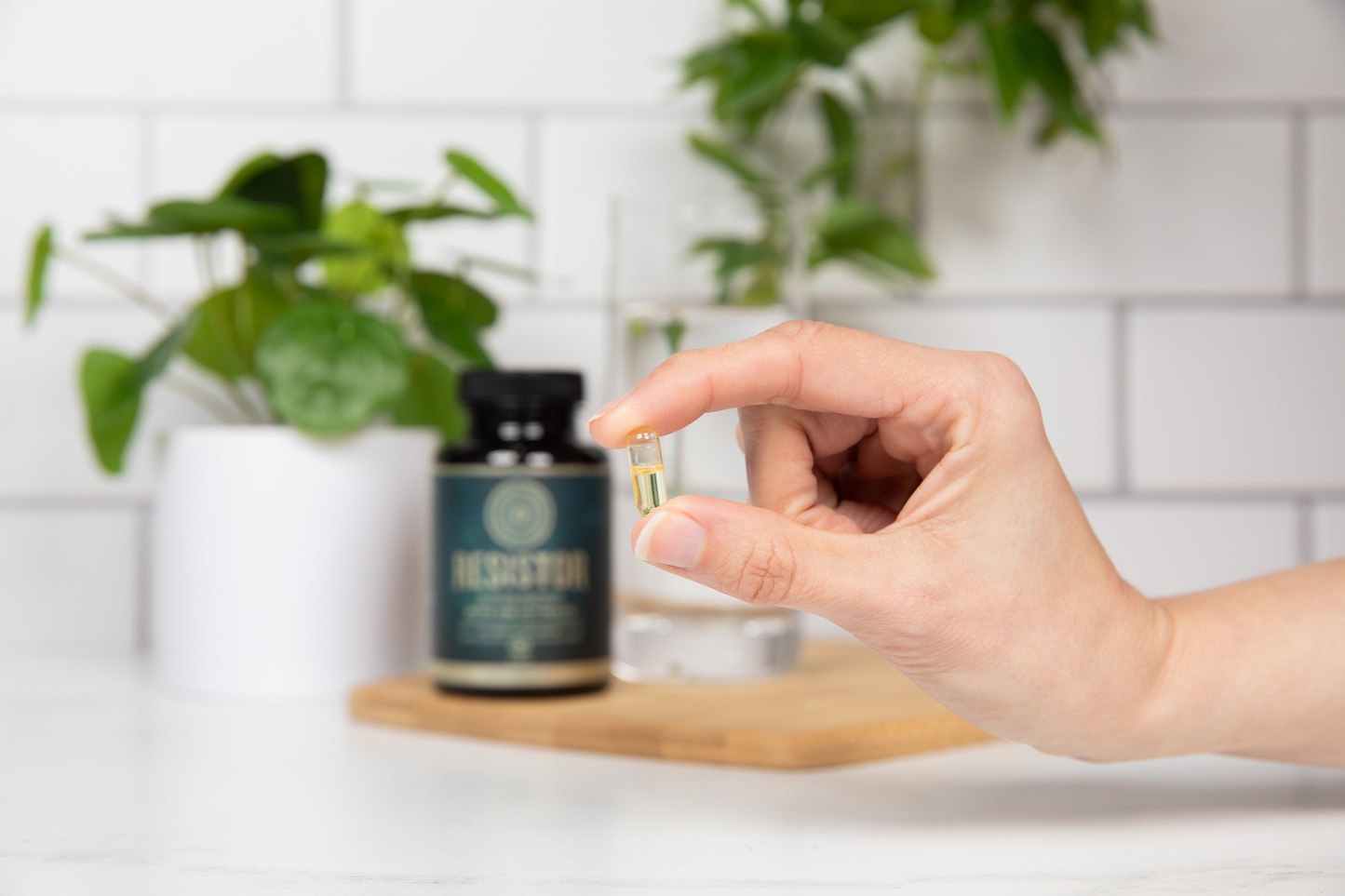FIRST THINGS FIRST, WHAT DO OUR MITOCHONDRIA ACTUALLY DO?
Our mitochondria are cell organelles that convert our food into energy. Mitochondria produce most of our Adenosine Triphosphate (ATP), which gives our cells energy to keep us alive.
Mitochondria also play a key role in the process of apoptosis, or programmed cell death, which is a normal part of a cell’s life cycle. This process rids the body of damaged or unwanted cells and is a key role in preventing cancer.
Without mitochondria, our cells simply wouldn’t be able to perform all of the processes needed to live. Your cells need energy to survive and thrive.
WHAT HAPPENS TO MITOCHONDRIA AS WE AGE?
Aging is normal, and our bodies naturally become less efficient as we get older. Our mitochondria are no exception. As we age, mitochondria slow down in their functions, thus leading to age-related issues. In fact, mitochondrial decline has been shown to be linked to chronic inflammation and a decline in tissue and organ function.
In a scientific review outlining the hallmarks of aging, mitochondrial dysfunction is listed as one of the main factors of the aging process.
CAN WE PREVENT OUR MITOCHONDRIA FROM AGING?
Just because aging is normal, that doesn’t mean we can’t take steps to prevent the negative effects that it has on our bodies. What we found when developing Resistor, is that it actually supports your body on a cellular level by introducing ozonides which causes a hormetic response to supercharge your body’s mitochondria at a fast rate. Simply to say, Resistor can help your mitochondria work as efficiently as possible, even as we age.
